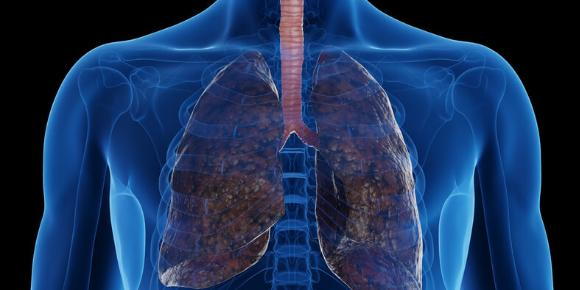
Symptoms of Internal Organ Damage After an Accident
- posted: Feb. 21, 2024
- Car Accidents
A car crash or other major accident can result in blunt trauma to various parts of the body, which in turn can result in damage to internal organs. The symptoms of internal organ damage can be hard to spot, as they can vary widely depending on the severity and location of the impact. Delayed recognition and treatment of such damage can have serious health consequences.
The following conditions resulting from blunt trauma warrant seeking prompt medical attention:
Pain and tenderness — There can be pain at the site of impact or tenderness in the abdominal or chest area. The pain can range from mild discomfort to severe, sharp pain.
Bruising and swelling — External bruising and swelling may occur at the site of impact. However, internal bleeding may not always be manifested as visible bruising, so it is important to watch for other symptoms.
Abdominal pain — Persistent or worsening abdominal pain can be a sign of damage to the liver, spleen or intestines. The pain can be localized or might spread throughout the abdomen.
Chest pain and difficulty breathing — Blunt trauma to the chest can cause injuries to the lungs, heart or other thoracic organs, which can be manifested by inhibited or rapid breathing.
Nausea and vomiting — The presence of blood in vomit may indicate internal bleeding or injury to the digestive organs.
Dizziness or fainting — Reduced blood flow due to internal bleeding can lead to dizziness or fainting, resulting from a drop in blood pressure and inadequate oxygen supply to the brain.
Changes in heart rate — An irregular or rapid heart rate may be a sign of internal bleeding or damage to the heart. This can be accompanied by palpitations.
Changes in bowel movements — Injuries to the intestines may cause constipation, diarrhea or blood in the stool.
Hematuria — Blunt trauma to the abdomen or lower back may cause damage to the kidneys or bladder, leading to blood in the urine, which is known as hematuria.
Shock — Severe internal organ damage can result in shock, manifested by rapid breathing, pale or clammy skin and a weak or rapid pulse.
If you experienced any of these symptoms after a car crash or other accident, you should seek an immediate medical diagnosis to determine if there is possible internal organ damage. Imaging tests such as CT scans, X-rays and ultrasounds can assess the extent of injuries. A prompt diagnosis can help you assemble evidence that enables you to seek financial compensation for your losses.
At Seigel Law in Ridgewood, we provide effective legal assistance for New Jersey accident victims who sustain internal organ damage. To schedule a free consultation, call {PHONE) or contact us online.

